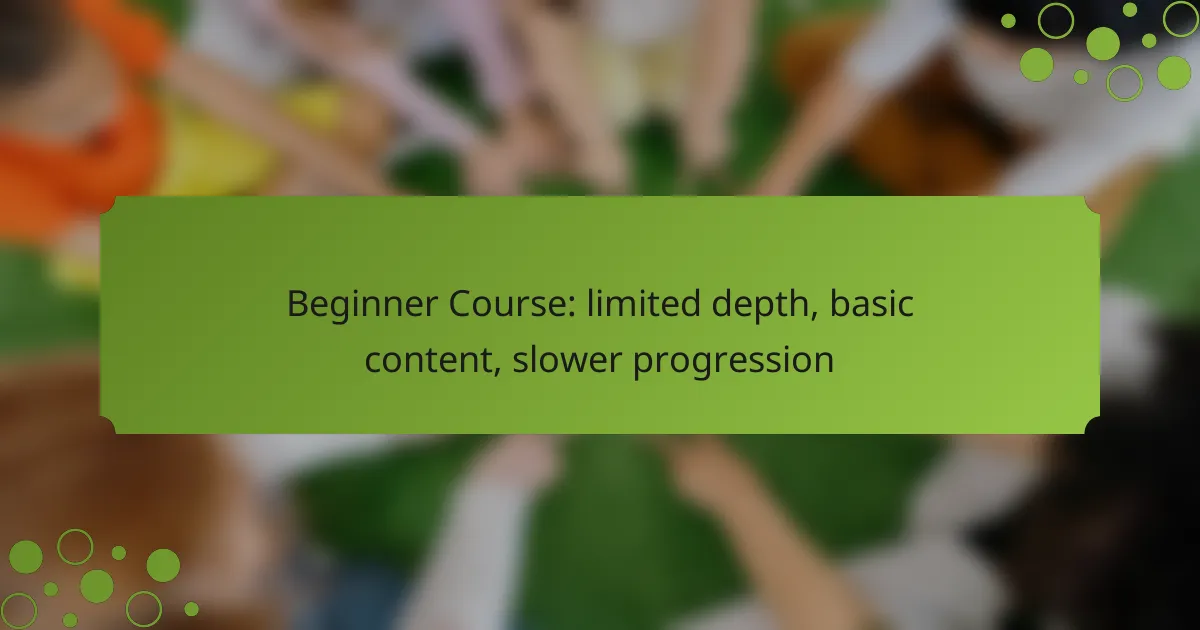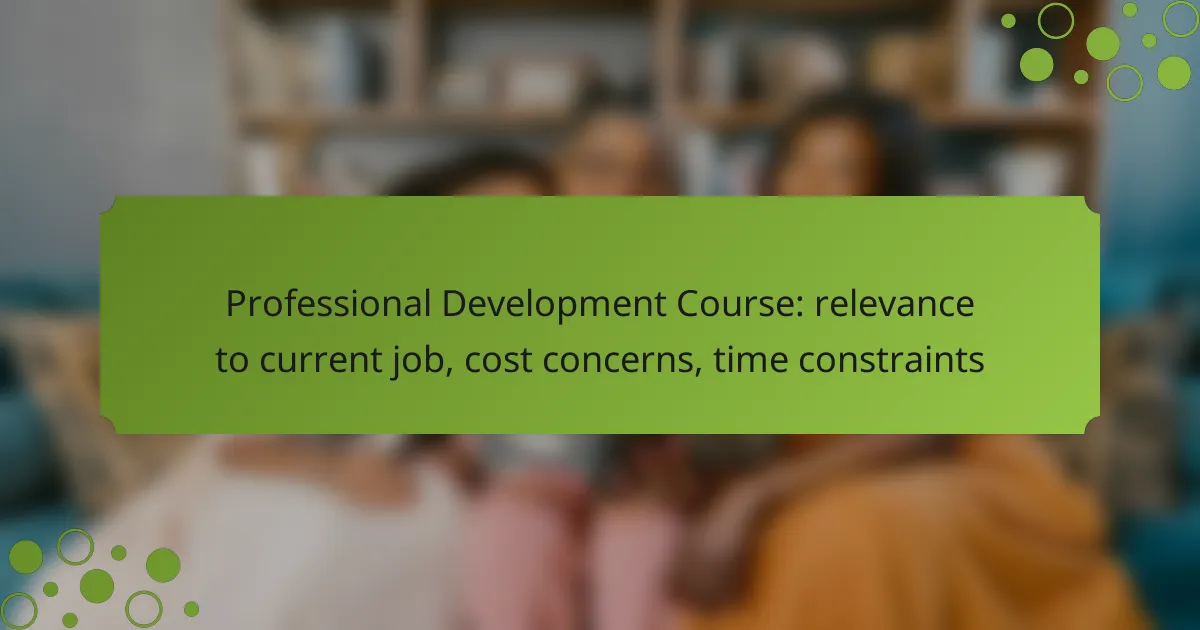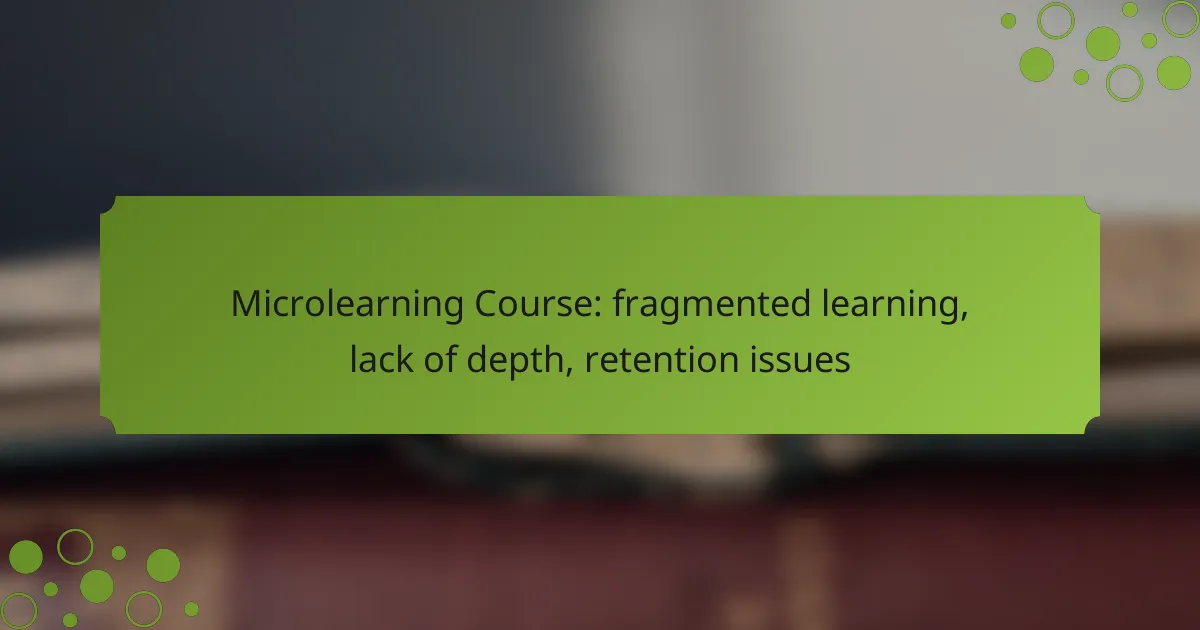Beginner online courses provide an excellent opportunity for individuals to explore new subjects and develop essential skills at a comfortable pace. With platforms like Coursera, edX, and Udemy, learners can access structured content designed specifically for novices, ensuring a smooth and gradual progression. By considering factors such as course depth, instructor qualifications, and student feedback, you can find the right course to meet your learning goals.

What are the best beginner online courses in Canada?
The best beginner online courses in Canada offer accessible entry points into various subjects, enabling learners to build foundational skills at their own pace. Platforms like Coursera, edX, and Udemy provide structured content that caters to novices, ensuring a gradual learning curve.
Coursera: Introduction to Computer Science
Coursera’s “Introduction to Computer Science” is designed for those with little to no programming experience. This course typically covers fundamental concepts such as algorithms, data structures, and basic programming languages, often using Python or Java.
Students can expect to engage with video lectures, quizzes, and hands-on projects. The course usually spans several weeks, allowing learners to progress at a comfortable pace while balancing other commitments.
edX: Data Science Essentials
edX offers “Data Science Essentials,” which introduces learners to the core principles of data science. This course covers topics like data manipulation, statistical analysis, and data visualization, making it suitable for beginners interested in analytics.
Participants can expect a mix of theoretical knowledge and practical exercises. The course duration is flexible, often allowing learners to complete it in a few weeks, depending on their availability.
Udemy: Python for Beginners
Udemy’s “Python for Beginners” is an excellent choice for those looking to learn programming through Python. This course typically starts with the basics, such as syntax and data types, and gradually progresses to more complex topics like functions and file handling.
With a variety of video tutorials and coding exercises, learners can practice their skills in real-time. The course is self-paced, enabling students to take their time and revisit challenging concepts as needed.
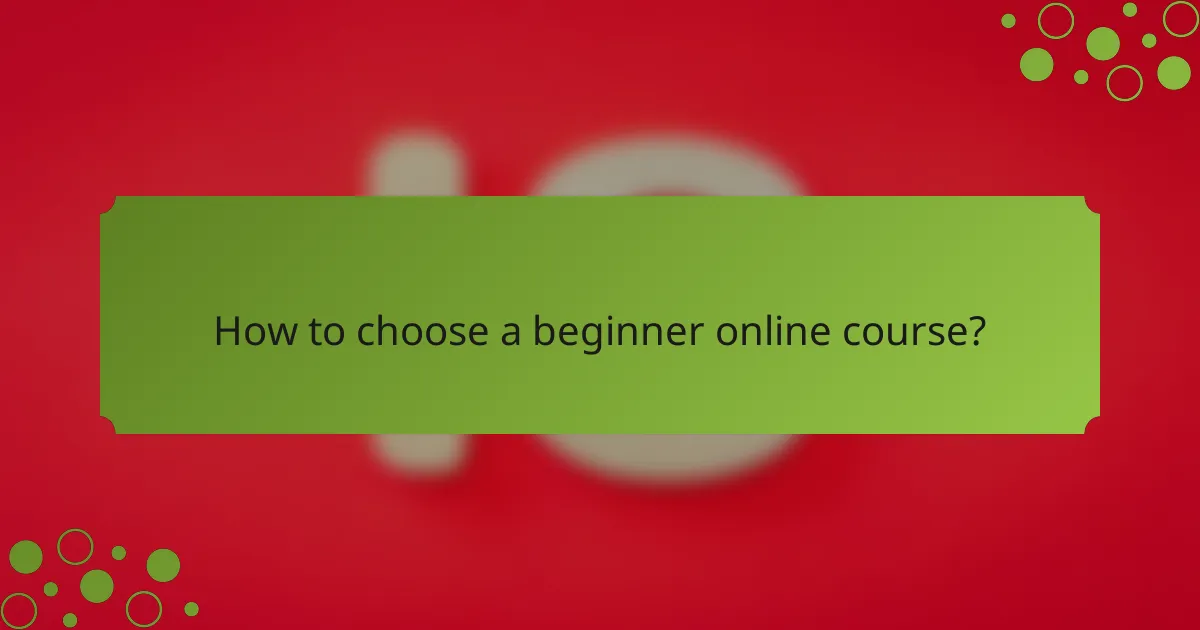
How to choose a beginner online course?
To choose a beginner online course, focus on the course’s content depth, the qualifications of the instructor, and student reviews. These factors will help you determine if the course meets your learning needs and expectations.
Assess course content depth
When evaluating a beginner online course, consider the depth of the content. Look for courses that offer a structured progression, starting from basic concepts and gradually introducing more complex topics. A good course should cover essential foundational skills without overwhelming you with advanced material too soon.
Check the syllabus or course outline to see if it includes practical examples and exercises. For instance, a course in programming should start with basic syntax and gradually introduce more advanced programming concepts. Aim for courses that provide a balance between theory and hands-on practice.
Evaluate instructor qualifications
The qualifications of the instructor can significantly impact your learning experience. Look for instructors with relevant experience in the subject matter, such as academic credentials or professional background. Instructors who have taught the subject before often provide clearer explanations and insights.
Additionally, consider instructors who have received positive feedback from previous students. Many platforms display instructor profiles that include their teaching history and areas of expertise, which can help you make an informed decision.
Check student reviews
Student reviews are a valuable resource when selecting a beginner online course. Look for platforms that allow users to leave detailed feedback about their experiences. Pay attention to comments regarding the course’s clarity, engagement level, and overall effectiveness in teaching the material.
Be cautious of courses with overwhelmingly positive reviews, as they may be biased. Instead, seek a balanced view by reading both positive and negative feedback. A course with a mix of reviews may indicate a realistic representation of its strengths and weaknesses.
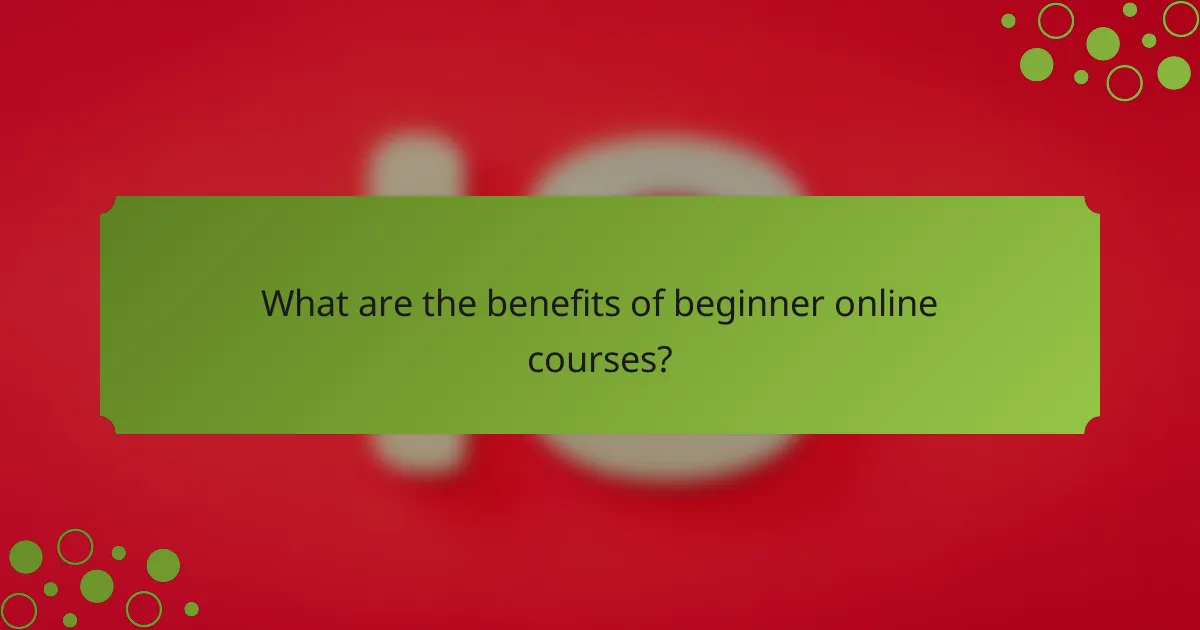
What are the benefits of beginner online courses?
Beginner online courses offer a range of advantages, including flexibility, accessibility, and affordability. These courses cater to individuals looking to learn new skills at their own pace without the pressure of traditional classroom settings.
Flexible learning pace
One of the main benefits of beginner online courses is the ability to learn at your own pace. This flexibility allows students to spend more time on challenging topics while quickly moving through material they grasp easily. Many platforms offer self-paced courses, enabling learners to fit their education around their personal and professional commitments.
Consider setting a weekly study schedule to maintain consistency. This approach helps prevent procrastination and ensures steady progress through the course material.
Access to diverse topics
Beginner online courses cover a wide array of subjects, from coding and graphic design to cooking and personal finance. This diversity allows learners to explore new interests or enhance existing skills without geographical limitations. Many platforms provide courses from reputable institutions and industry experts, ensuring quality content.
When selecting a course, review the syllabus and instructor credentials to ensure it aligns with your learning goals. This can help you choose the right course that meets your needs and expectations.
Cost-effective education
Online courses often come at a lower price point compared to traditional education, making them a cost-effective option for many learners. Many beginner courses are available for free or at a nominal fee, allowing individuals to gain knowledge without significant financial investment. This affordability opens up opportunities for those who may not have the means to pursue formal education.
Be mindful of potential hidden costs, such as materials or certification fees, when enrolling in a course. Always check for any additional expenses to ensure you stay within your budget.
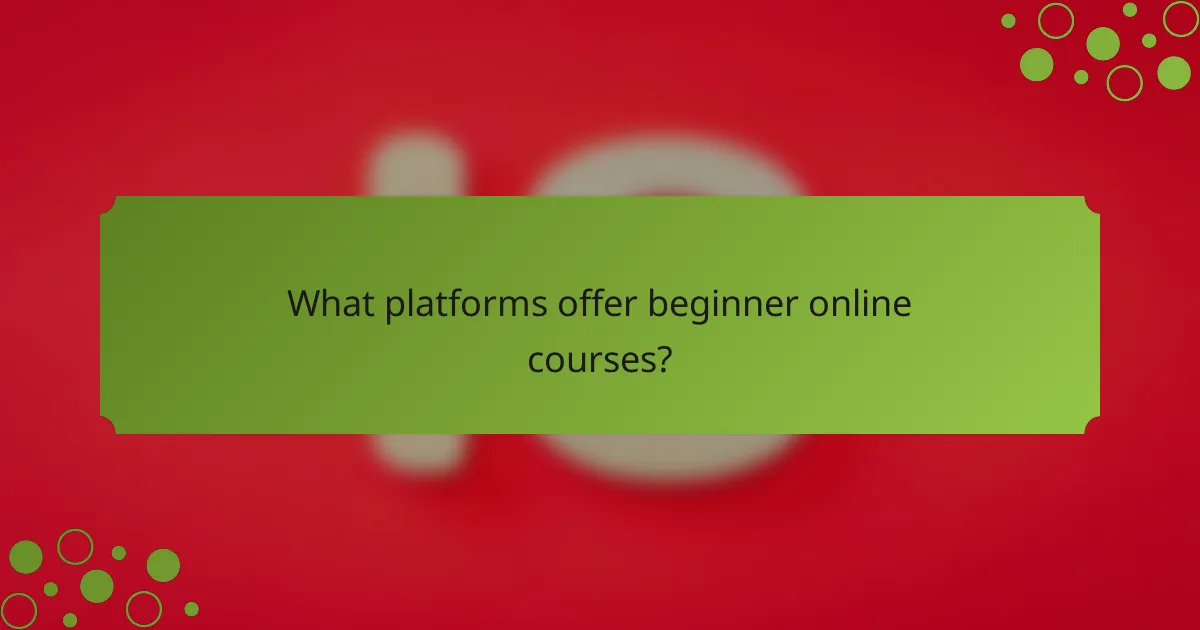
What platforms offer beginner online courses?
Several platforms provide beginner online courses, catering to various learning styles and subjects. These platforms typically offer structured content, flexible schedules, and a range of topics to help new learners gain foundational knowledge.
Coursera
Coursera partners with universities and organizations to offer a wide array of beginner courses. Users can access free courses or pay for certificates, with many courses available in subjects like computer science, business, and arts.
When selecting a course on Coursera, consider the course length and the estimated time commitment, which can range from a few hours to several weeks. Look for courses with good reviews and ratings to ensure quality content.
edX
edX is another reputable platform that offers beginner courses from top universities and institutions. Many courses are free to audit, with an option to pay for a verified certificate upon completion.
Students should pay attention to the course prerequisites and the level of interactivity offered. Some courses may include quizzes, discussion forums, and peer assessments, which can enhance the learning experience.
Udemy
Udemy features a vast library of beginner courses across numerous topics, often created by industry professionals. Prices vary widely, and frequent discounts can make courses more affordable.
When choosing a course on Udemy, check the course content and instructor ratings. Since courses can be user-generated, look for those with high enrollment numbers and positive feedback to ensure a worthwhile learning experience.
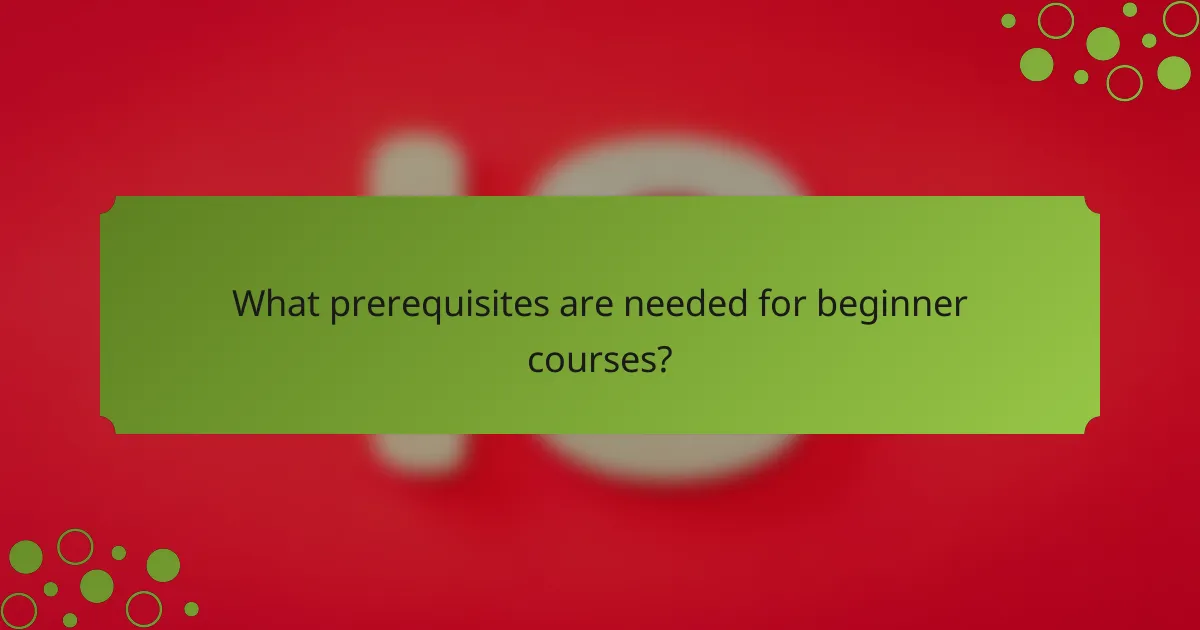
What prerequisites are needed for beginner courses?
Beginner courses typically require minimal prerequisites, making them accessible to a wide audience. Generally, basic computer skills, internet access, and no prior knowledge of the subject matter are essential for participation.
Basic computer skills
Basic computer skills are crucial for engaging in beginner courses. Participants should be comfortable using a computer, including navigating the operating system, using a keyboard and mouse, and managing files. Familiarity with common software applications, such as word processors or spreadsheets, can also be beneficial.
To assess your skills, consider whether you can perform tasks like creating and saving documents, browsing the web, and sending emails. If you find these tasks challenging, consider taking a short introductory course on computer basics before enrolling.
Internet access
Reliable internet access is essential for participating in beginner courses, especially those offered online. A stable connection allows for seamless access to course materials, video lectures, and interactive components. Ideally, a broadband connection is recommended for optimal performance.
Check your internet speed and ensure it meets the requirements for streaming video and downloading files. If you experience frequent disconnections or slow speeds, consider upgrading your service or using a wired connection for better reliability.
No prior knowledge required
Beginner courses are designed for individuals with no prior knowledge of the subject. This means that the content starts from the basics and gradually builds up to more complex concepts. This approach allows learners to develop a solid foundation without feeling overwhelmed.
When selecting a beginner course, look for descriptions that explicitly state “no prior knowledge required.” This ensures that the course is tailored to your level and will guide you through the learning process step by step.
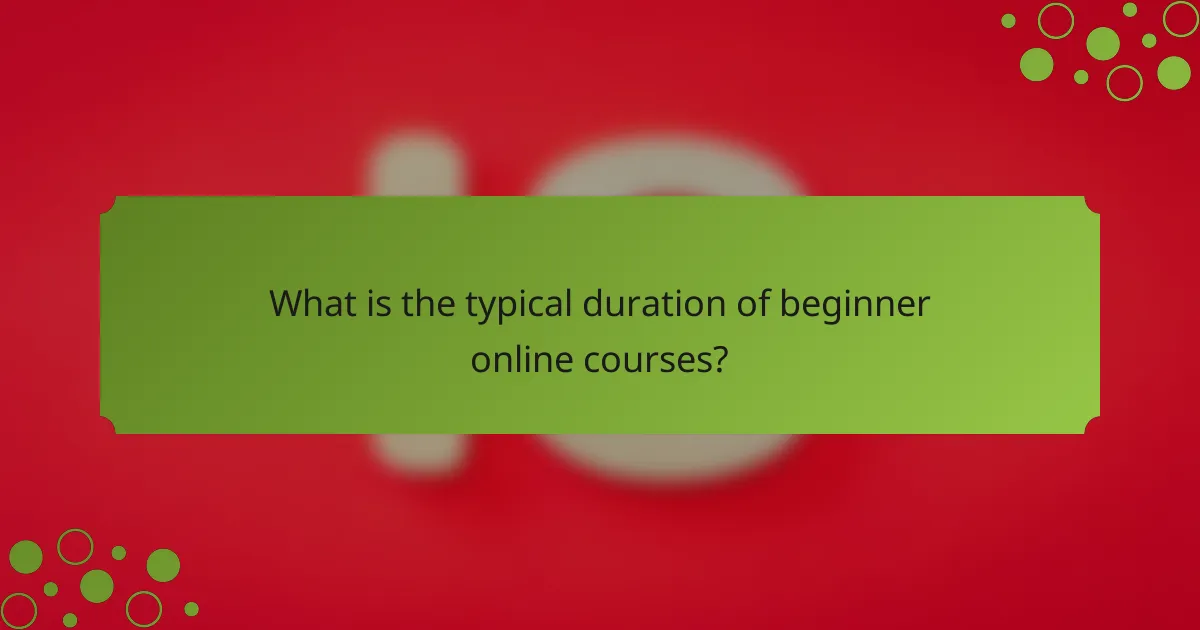
What is the typical duration of beginner online courses?
The typical duration of beginner online courses ranges from 4 to 8 weeks. This timeframe allows learners to grasp fundamental concepts at a manageable pace while balancing other commitments.
4 to 8 weeks
Most beginner online courses are designed to be completed within 4 to 8 weeks. This duration is structured to provide sufficient time for learners to engage with the material, complete assignments, and participate in discussions without feeling overwhelmed.
Courses that last around 4 weeks often focus on essential skills and concepts, while those extending to 8 weeks may delve deeper into the subject matter, offering more comprehensive coverage and additional resources.
Self-paced options available
Many beginner online courses offer self-paced options, allowing learners to progress through the material at their own speed. This flexibility is particularly beneficial for individuals with varying schedules or those who prefer to spend more time on challenging topics.
Self-paced courses typically provide access to all materials upfront, enabling students to revisit lessons and complete assignments as they see fit. However, learners should be mindful of any deadlines for assessments or course completion to stay on track.
